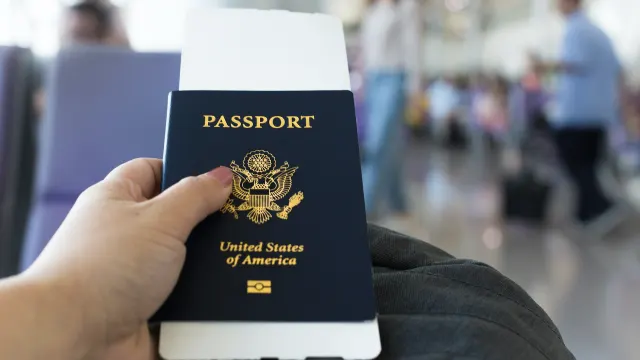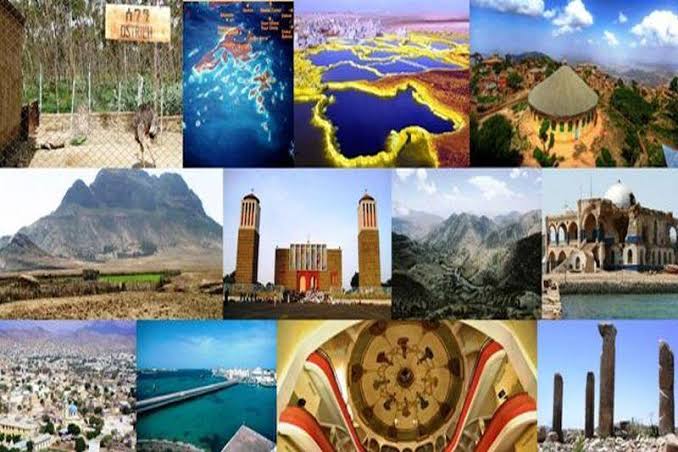The president said that “it shall no longer be necessary for any person from any corner of the globe to carry the burden of applying for a visa.”
As is well-known to those who have traveled internationally, the possession of a particular passport can either greatly facilitate or impede entry into specific nations.

Singapore surpassed Japan in 2023 to claim the title of the most influential passport globally. The city-state grants its citizens visa-free access to 192 out of 227 countries and travel destinations worldwide, tied for second place with Germany, Italy, and Spain. Formerly ranked first in 2014, the United States is presently positioned eighth as a result of deteriorating relations with a number of countries over the years.
However, in an effort to attract visitors, some countries are considering eliminating visas entirely. Following the abolition of visa requirements for African nations in October, Kenya has recently declared that entry into the country will no longer require a visa for anyone, regardless of nationality.
“It is no longer obligatory to bear the burden of visa application…”
“From now on, individuals from all over the world will not be required to undergo the arduous process of obtaining a visa in order to visit Kenya,” declared Kenyan President William Ruto in a speech commemorating the nation’s 60th anniversary of independence from Great Britain on December 12.
Visas will be substituted with electronic travel authorizations (ETAs), which applicants will submit online rather than in person at the embassy prior to their journey, as first reported by CNN. Although considerably more straightforward than the latter, nations that have implemented this form of ETA typically mandate it for all individuals, irrespective of nationality, whereas previously, passport holders with visa-free agreements were not obligated to undertake any additional steps.
The member states of the European Union are presently refining the European Travel Information and Authorisation System (ETIAS), which will mandate that non-EU passport holders, including Americans, apply online for travel authorization prior to their journey. Additionally, the Entry-Exit System (EES), which will replace passport stamps and monitor the length of stay of non-citizens in the EU, is also undergoing refinement.
Since 2008, visitors from the European Union and other visa-exempt nations have been required to use the Electronic System for Travel Authorization (ESTA) in the United States. It is worth noting that visitors from neighboring countries such as Canada and Mexico are not required to utilize the ETSTA.
Will Kenya’s effort to attract travelers succeed (and spread to other nations as a domino effect)?
Although Kenya will continue to screen and deny entry to high-risk travelers under its current system, eliminating the traditional visa is a political maneuver designed to project an image of tourist friendliness.
Kenya’s economy is substantially reliant on tourists interested in African culture and excursions; this proportion has grown substantially since the pandemic. Since the previous year, international visitor revenue increased by more than 83% to $2.13 billion USD in 2022, and local authorities have been promoting the country as a premier tourist destination to ensure the trend continues.
Although North American travelers constituted the most significant proportion of international arrivals, Kenya has also witnessed a growing influx of visitors from Japan, China, and neighboring African nations including Tanzania and Uganda.
Ruto stated, “Kenya has a straightforward message for the world: welcome home,” as part of the Nairobi T.






